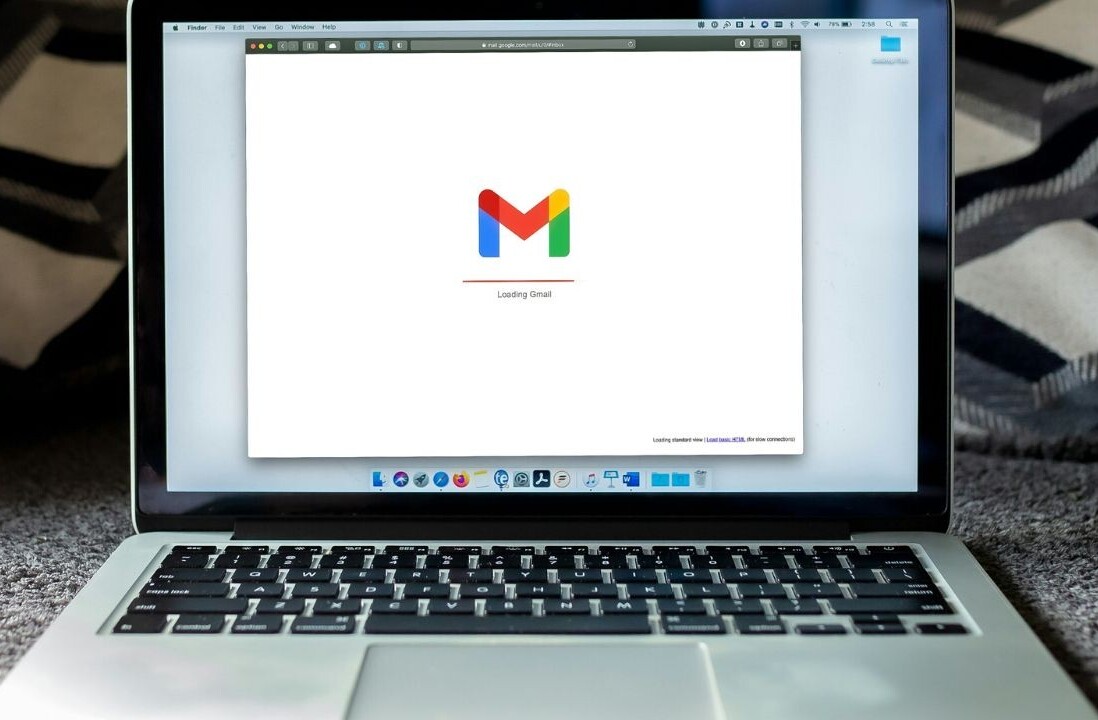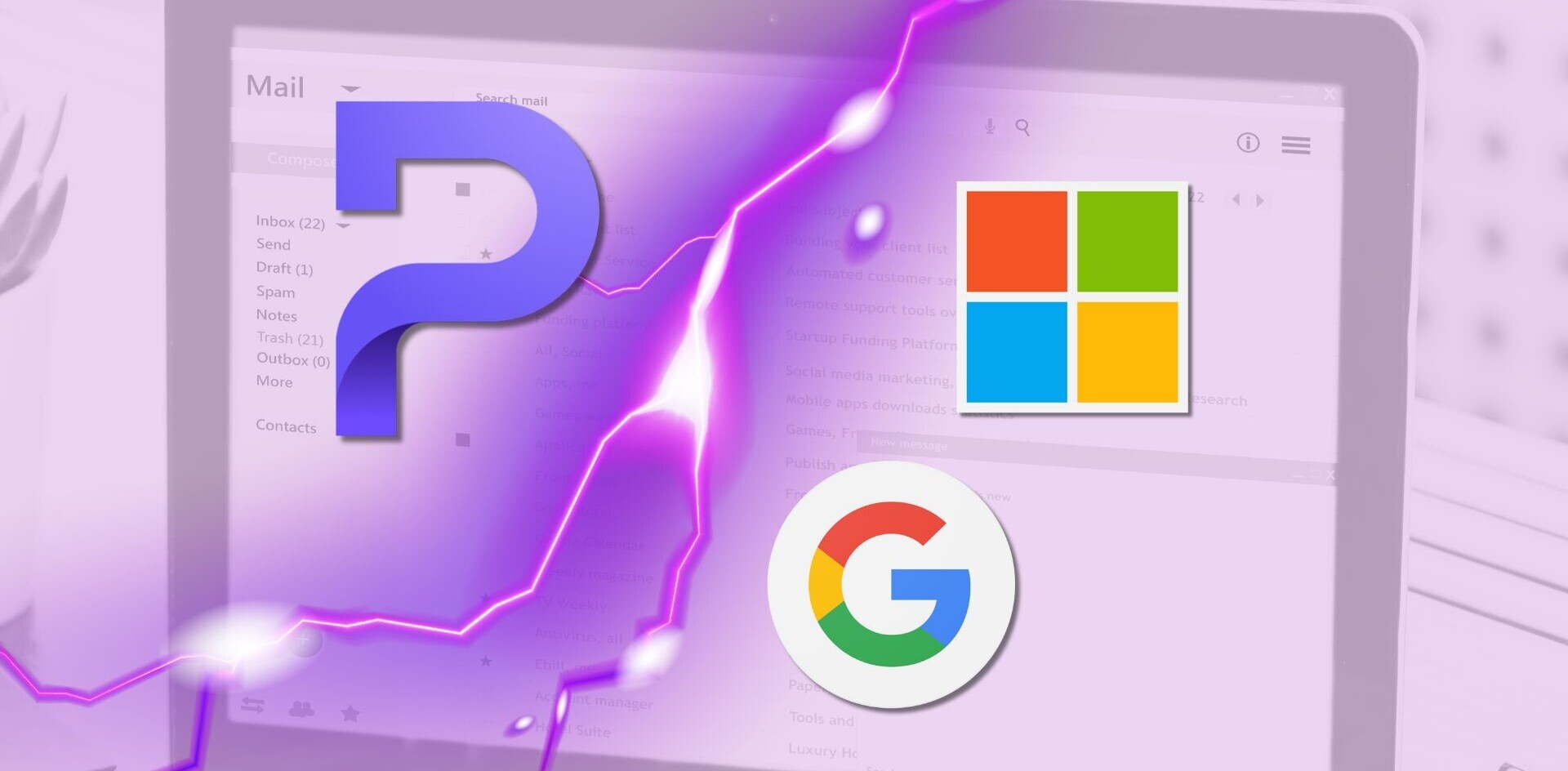
It has been reported that Google and WordPress.com handed over user information of an anonymous whistleblowing blogger last year. This news follows hot on the heels that the same person’s Twitter details were handed over to courts last month.
Yesterday, we revealed the truth about the so-called ‘landmark’ Twitter case. It involved an anonymous council worker in the UK, who had set-up a blog and several Twitter accounts, revealing information about local Councillors. His identity was sought by South Tyneside Council which took the case to the superior court in California. The court issued a subpoena, and because the person in question didn’t contest it, Twitter handed his information over. As it is required to do.
As we pointed out in the Twitter case, this wasn’t really a landmark case in terms of marking the end of free speech online. It was only notable because it’s the first time Twitter has actually released user information without a user contesting.
But with the latest report in today’s Guardian, it seems that both Google and WordPress.com have been complicit in passing on personal information relating to the same blogger some time last year. And why hasn’t this been reported until now? Well, because the user in question wasn’t notified and wasn’t given a chance to fight the case.
Despite everyone seemingly rounding on Twitter lately for its handling of user data, this surely earns Twitter some extra kudos?
As we noted yesterday, Twitter gave the blogger in question the chance to fight the case, which it says it will always do. And as the Guardian rightfully points out, Twitter fought a Wikileaks subpoena that barred it from notifying users that their personal information had been requested by the courts. Twitter won and the users in question were given the chance to fight their corner.
It’s also worth looking at the terms of service outlined on each respective platform’s website. Whilst Twitter’s Terms of Service or Privacy Policy don’t explicitly say that it will notify users of an information request, it does say so in its Guidelines for Law Enforcement section. And Google supposedly has a policy which commits it to notifying users when an information request is made. WordPress.com doesn’t seem to explicitly say that it will notify users of a request for information in its privacy section, or anywhere else.
So if these reports are true, that both Google and WordPress.com submitted personal information on the South Tyneside Council whistleblower without informing him, this will make a lot of people question whether their data is safe in the hands of the digital powers-that-be.
Update: Comment from WordPress
“We don’t comment on individual court cases, but our standard response to subpoenas is to forward them to the affected WordPress.com users and give them 10 days to decide if they want to attempt to quash the subpoena. If they decide not to fight the subpoena, we will release the requested information as required by law.”
Get the TNW newsletter
Get the most important tech news in your inbox each week.




